News
Interview: Kier-la Janisse on ‘Tales of the Uncanny’, Anthologies, and Horror’s Psychotic Women
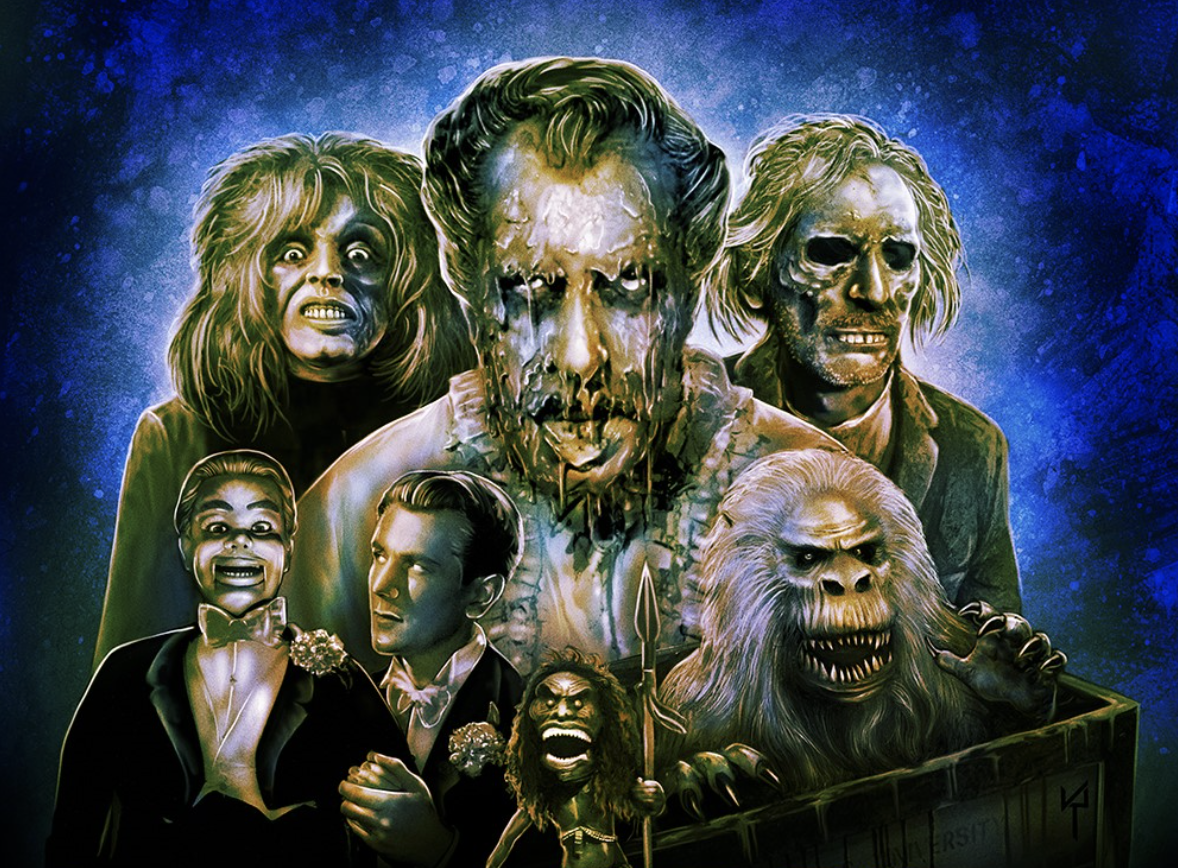
Kier-la Janisse has had a varied and impressive career as a genre expert. She’s the owner and Editor-in-Chief of Spectacular Optical and the founder of renowned horror school The Miskatonic Institute of Horror Studies. She is the author of A Violent Professional: The Films of Luciano Rossi (2007) and House of Psychotic Women: An Autobiographical Topography of Female Neurosis in Horror and Exploitation Films (2012), and contributed to Destroy All Movies!! The Complete Guide to Punks on Film (2011), Recovering 1940s Horror: Traces of a Lost Decade (2014) The Canadian Horror Film: Terror of the Soul (2015) and We Are the Martians: The Legacy of Nigel Kneale (2017), and has edited several additional works.
She’s also a film festival programmer for the Alamo Drafthouse Cinema and Fantastic Fest in Austin, Texas. She co-founded Montreal microcinema Blue Sunshine, founded the CineMuerte Horror Film Festival (1999-2005) in Vancouver, was the Festival Director of Monster Fest in Melbourne, Australia and was the subject of the documentary Celluloid Horror (2005).
Most recently, she’s produced the horror anthology documentary, Tales of the Uncanny. Directed and co-produced by David Gregory, the documentary interviews a star-studded roster of 71 different filmmakers, writers, and experts — including Eli Roth, Simon Barrett, Roger Corman, Joe Dante, Mick Garris, and many, many more — to talk about their favorite horror anthologies and the impact they had on their careers, detailing the long and impressive history of the horror anthology (which, as a format, is a lot older than you’d think!).
I recently sat down with Kier-la Janisse to discuss Tales of the Uncanny, her favorite horror anthologies, and the archetype of the psychotic/neurotic woman in horror films.
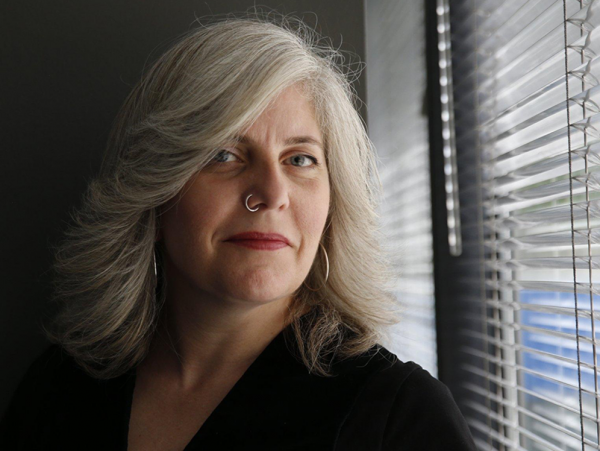
via Woman in Revolt
Kelly McNeely: I’m very excited to talk to you! I loved Tales of the Uncanny, I thought it was so fascinating. I’m such a huge fan of horror anthologies. How did it come together? And how did you get involved in the project?
Kier-la Janisse: Well, I work for Severin films. So that’s my day job. And David Gregory — who’s the Director of Tales of the Uncanny — is the owner, he’s the co-founder for Severin films. And so he’s my colleague, but he’s also my boss, so he’s the person that I take assignments from and report to and stuff. I started working for Severin about three years ago, just doing editing on their bonus features — interviews with cast members and stuff. But over the last three years, I’ve sort of shifted into producing extras a bit more, and part of that was because I had a lot of contacts, just from my years of film programming and stuff, and also from doing the Miskatonic Institute, which is la horror school that I do, where I’m constantly having to book teachers and kind of pay attention to who’s specializing and what topics and stuff. That all ended up being really useful for the extra features. Like trying to find critical commentaries by the right people, or trying to track down directors or whatever. So that background that I had ended up being more valuable on the producing side than the editing side, so I kind of shifted to that. And David’s really great to work with because he actually, like, listens to my ideas.
He treats me really like a collaborator, which is really great. And so he was going to be releasing The Theater Bizarre, which is an anthology film that Severin films produced 10 years ago. So it was an original production — we mostly do distribution of catalog titles, but we do occasionally do original productions as well, and so this was one of those. And it was the 10th anniversary, so he’s releasing it on blu ray for the first time, and he wanted to have a bunch of special features for it. And so he had the idea of wanting to do a bonus feature that was just about the history of anthology films in general. Originally, he just had the film historian, David Del Valle, and then he decided, there’s a few holes, we could maybe get a couple other people to kind of fill in the blanks about some of the newer anthologies and how things have kind of shifted, in terms of them being a lot more like a showcase for emerging directors now and stuff, like the way the format is mostly used now.
And so then I suggested, why don’t you — first of all — get Bruce Hallenbeck, because he’s an Amicus expert. He’s written several books about Amicus, and since they were such huge parts of the anthology story, it’d be great to have an Amicus expert in there. And then Amanda Reyes, who’s a television expert, so she can talk all about Dan Curtis and then any television anthology shows that we get into. And then I was like, Mick Garris, because not only has he been around for so long that he started off like interviewing people about horror before he became a filmmaker himself. But he’s also produced the Masters of Horror TV show, he produced Nightmare Cinema, which just came out last year. So he’s been heavily involved with the anthology format in many ways. Also, I think his first directing gig was on Amazing Stories, which is an anthology show.
And then we got Jovanka Vuckovic because she had been one of the producers on XX, so she was a filmmaker who had made a segment for an anthology film, but she also had been involved in packaging an anthology film together. So between all these people, we’ve kind of covered all the different aspects of anthology films. And so originally, that was what it was going to be, we were going to have these five people interviewed. Their interviews you can tell are the more professionally shot interviews in the film, because we had recorded them before COVID. And so we were just starting to think about the editing process of that when COVID started.
David had this idea, he just said, well, since people are kind of stuck at home, all of a sudden it’s going to be a lot easier to get people to be in the film than when we were trying to arrange people that have busy schedules, and they don’t have time to drive down somewhere to get filmed and everything. I was like, maybe we could just contact them, and they’d be able to put aside 15 minutes to just talk to us about what their favorite horror anthology film is. So that was David’s idea. And so then we just sort of made kind of a wish list of people, and I think originally it was all filmmakers, so it was all people who normally we’d have trouble getting because they’re just busy making films and stuff. And so there are a few critics and film programmers and stuff, but I would say the bulk of them are filmmakers. And so we just made this massive list, and then we split it in half. He reached out to half the people, I reached out to half the people, and then we just did these little Zoom conversations with them. But I still wasn’t able to see how it was all going to come together aesthetically until Michael Capone came on — he’s the editor of the film who really transformed it, I think. So that’s kind of how it all started.
Kelly McNeely: I had no idea anthologies went so far back, but there’s such a rich history going back to Eerie Tales in 1919
Kier-la Janisse: I didn’t either, honestly.
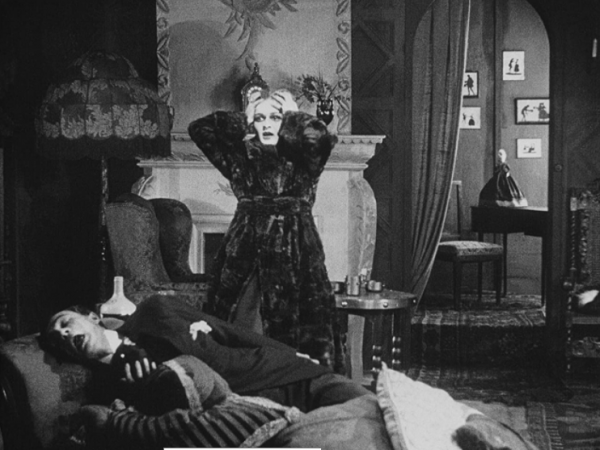
Eerie Tales via IMDb
Kelly McNeely: I was going to ask, I mean, how do you pull together all that kind of research, but it sounds like you had some amazing experts on board. How do you find folks to come on board for that?
Kier-la Janisse: I mean in terms of the expertise, it really is all them. It really is the people that we interviewed and just knowing that between them, they have this immense wealth of knowledge about the history of horror cinema and anthologies in general. And so there were surprises along the way, like you said, I didn’t even realize that anthology films went as far back as they did. I also didn’t realize that the multi-director format was as old as it was. I kept thinking, I mean, I knew about Spirits of the Dead. And there are other anthology films from around that era of late 60s, early 70s, where they get like, really famous directors and get them to make an anthology film together. Not necessarily horror, but you know, just all kinds of films. And like Ro.Go.Pa.G or Boccaccio ‘70, or something, you know, we have these different directors, like Fellini and Pasolini.
But I had completely forgotten that Dead of Night was also a multi-director anthology film, you know and so this whole idea that we have of the multi-director anthology being something that came much later — like in the 80s and stuff — it’s actually much older too, you know. And so it was really interesting. You think about the times when there’s these waves of anthologies and you think, like, okay, well, there was a bunch in the early 70s. And then there’s a bunch here and there. And you think that there’s these big dead spots where there’s like, two decades of no horror anthologies, and then people we would interview would come up with these films, and they’d be like, oh, no, there was this and this and this during that time.
So it really was a lot more continuous, I think, than we thought it was when we first started. We thought there’d be a couple big peaks. But you know there are obviously certain periods that are more active than others. But the format just never really went away. It was kind of always there, all through cinema.
So yeah, it was just a matter of looking for people that we knew. It’s easier with horror fans. It’s easier with people who direct horror films, because people that make horror films tend to be horror fans, right? Unlike people who make dramas or comedies or whatever, a lot of times, they’re just directors, they just like directing, and they like a good story. And they’ll tell it in whatever genre it is, you know. Whereas horror directors — especially if they’ve worked repeatedly in the horror genre — it tends to be because they are horror fans, and they know quite a bit about the genre, the history of the genre, the signposts of the genre, who the key creators have been. And so they’re a very knowledgeable group of people. Much the same way as sci fi people are, you know, sci fi fans are the same. They’re just very rabid about it, and people who write or direct science fiction tend to be very into science fiction, and horror people are the same. So even though these people are — for the most part — filmmakers, as opposed to film critics, or even film historians, it’s just baked into them — they know their history — so it was just having all those people. The movie just kind of made itself [laughs].
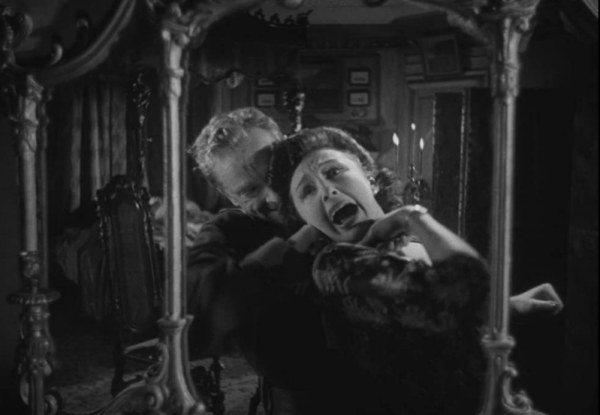
Dead of Night via IMDb
Kelly McNeely: It’s so interesting as well, because I always just kind of assumed that we were seeing a bit of a renaissance with the horror anthology more recently, just because there’s been such a big crop of them coming up. But again, it’s that idea that it’s been going on pretty continually. There are these little peaks and valleys, like you mentioned, but there’s never really been much of a time that we haven’t had anthologies.
Kier-la Janisse: Yeah, definitely. I mean, I definitely think it’s more common now for the anthology project to be that format, and that package to be looked at, something that an emerging producer can do with emerging directors. It’s something that feels approachable, I think, when people are kind of embarking on something early in their careers, where it’s like, okay, it’s only a 20 minute film, how much can I screw it up? Or it’s like, you know, you look at each segment as kind of its own little production, and then you put them together, so I mean, it’s easier to approach — I think — for producers than a feature, and it’s also easier to get a lot of talent involved, because there is less of a time commitment for everybody. Whether it’s the actors, or the director, or whoever, it’s like, you’re asking them for a third of what you would normally be asking them for, for a feature. And so you can get really amazing people involved.
But yeah, it’s definitely something that we see a lot more now as people are looking for more affordable ways, I think, to make films. But it’s always been there.
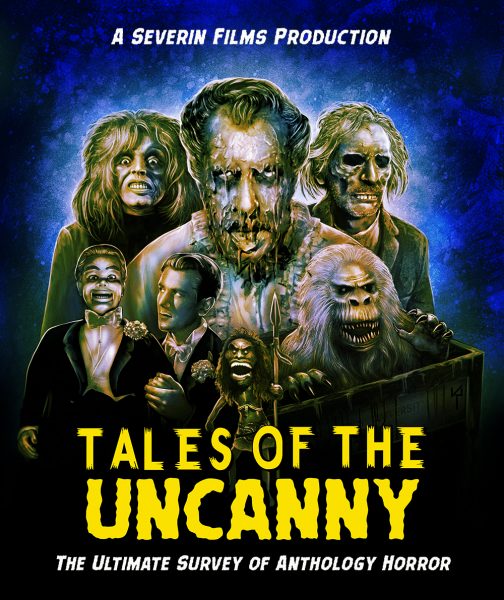
Kelly McNeely: Now, you’ve had quite the career as a genre expert and with the Miskatonic Institute and as a film festival programmer. What advice would you give to someone that wants to get involved in that side of the horror genre, in the fields of programming and getting involved as a sort of horror academic?
Kier-la Janisse: To be officially a horror academic, you have to just go to school, because that’s what academic means, basically. So it’s like, you can be like an academic without being an actual academic, you can have an academic approach to your work without being an actual academic, but often when people refer to horror academics, they are people who tend to live in and work in that space. They work at a university, or they’re working on their PhD or their teaching, or whatever. But then there’s lots of what I would call horror scholars who are not actually scholars from a technical perspective, who take a scholarly approach to their work, and they have an academic level of rigor in their research and stuff that is the same as what an actual academic would do.
But I think my advice for everybody is — especially for film programming — it’s like, you just have to do it. And I mean, that concept is easier for writers to grasp, because they understand that they can make a blog, and they can put their writing on it. And so the idea of like, just do it — just write, just get your stuff out there — is something I think a lot of budding writers can understand. But in terms of film programming, you also have to do it. Unfortunately, it’s more expensive, but you have to just do it yourself. Because, you know, they have all these programs now., when I started film programming, there was no university course you could take for film programming or curating. Curating was not considered a thing that you would go to school for, you know. And now there’s all these programs. And it’s funny because you have all these people graduating from these programs that want to get jobs, but you still have the same 10 people who are trying to hang on to the jobs that we have [laughs] and don’t want to give them up. And it’s very, very hard to get work in that sphere, unless you have something that makes you very special. And often the only way you can prove that you have any special skills or anything is by just doing it.
You have to spend your own money and put on a film festival or, you know, if you want to do it cheap, just have a movie night in a bar. Obviously during COVID right now, there’s limitations on what we can do in terms of events. But, I mean, even so, you can have film series. There’s all these channels now on Twitch and stuff that are streaming channels — they’re totally illegal, they’re all totally bootlegging movies — but the people who program those things could have a life as a programmer beyond that, because that work that they’re doing is visible, their taste is visible. I mean, many of them are programmers beyond that, so I’m not trying to belittle what they’re doing. I’m just saying that people need to see what you’re capable of; they’re not necessarily going to give you the money and put those resources behind you to see what you’re capable of. They want to see it before they give you the money, and before they give you the job. So you have to be willing to do it yourself. Have your own initiatives, whether it’s gonna be something free or something that’s going to cost a bunch of money or whatever. But it is something that you just have to do yourself.
I never would have been hired at the Alamo Drafthouse as a programmer, if I hadn’t been doing my film festival. I started a film festival in Vancouver in the late 90s. And the owners of the Alamo Drafthouse came up to it, because we had a mutual friend who’d recommended my festival. And so they came up and visited, and they hired me from that. They never would have hired me if I had just gone there with an application trying to apply and been like, oh, I have a degree in film programming or something, I never would have got that job. So having ambition, having hustle, having drive, having proof that it’s like, this is my vocation, this is what I’m going to do whether you hire me or not. And I think that’s missing in a lot of people.
There’s no way they would put their own money into something. And it’s like, well, then why would somebody else put their money into you [laughs], if you’re not even willing to put your own money into your dreams? Why would you expect someone else to, you know? And so that’s the main thing I would say to people, is to start something, start up some kind of series, start up a blog, startup whatever. I mean, you look at half the writers for Fangoria and stuff like that, they all were bloggers. I mean, not the veteran ones that were around when it was strictly print. But I mean, all the ones in the last decade have kind of come from the blogging sphere. So it absolutely leads to things when you do stuff on your own.
But I would say, don’t do stuff for free for other people. If you’re going to do it for free, do it on your own blog, your own website, your own brand. You know if you’re gonna put that free work out there for exposure, do it under your own name, don’t do it for somebody else who’s charging money for your work to be free, you know? So it’s like, often for a lot of my projects, when I’m hiring people, I can’t pay people a lot. But to me, it’s like, you just got to pay people something. Especially if you’re charging anything for what the end product is. I mean, even if it’s 1% of it going to the writers. You can’t have a business model based on writers without the writers being factored in as something you have to pay for.
So yeah, that’s the thing. Start your own stuff, but don’t work for free. I don’t care if no one’s ever heard of you, you can’t work for free. If you’re going to do that work, do it on your own website that has your own name on it. That’s what I always try to do. I do free stuff all the time, but it’s for my own projects.
Read more about House of Psychotic Women on page 2!
'Civil War' Review: Is It Worth Watching?
Follow our new YouTube channel "Mysteries and Movies" here.
Movies
‘Evil Dead’ Film Franchise Getting TWO New Installments
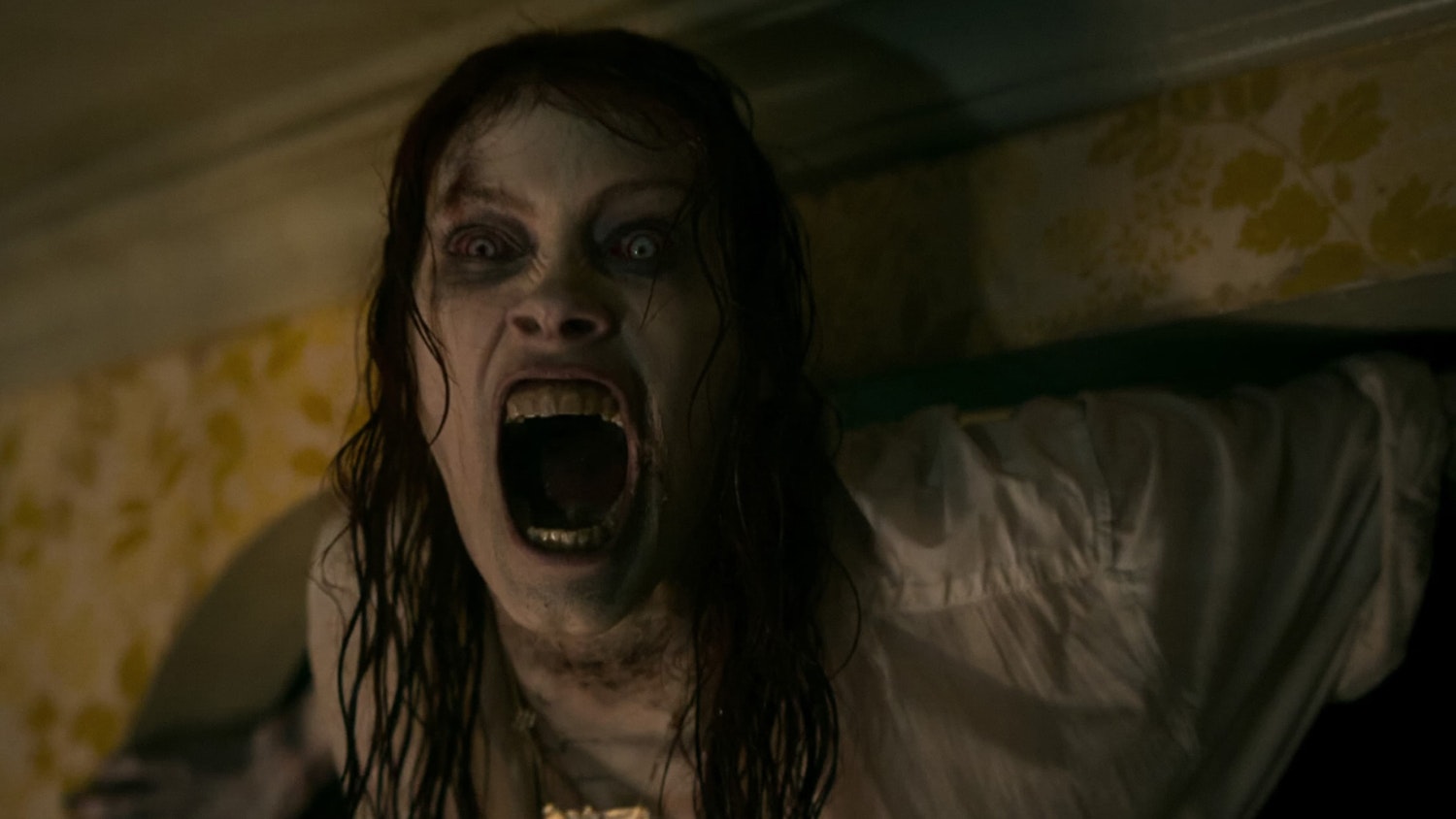
It was a risk for Fede Alvarez to reboot Sam Raimi’s horror classic The Evil Dead in 2013, but that risk paid off and so did its spiritual sequel Evil Dead Rise in 2023. Now Deadline is reporting that the series is getting, not one, but two fresh entries.
We already knew about the Sébastien Vaniček upcoming film that delves into the Deadite universe and should be a proper sequel to the latest film, but we are broadsided that Francis Galluppi and Ghost House Pictures are doing a one-off project set in Raimi’s universe based off of an idea that Galluppi pitched to Raimi himself. That concept is being kept under wraps.
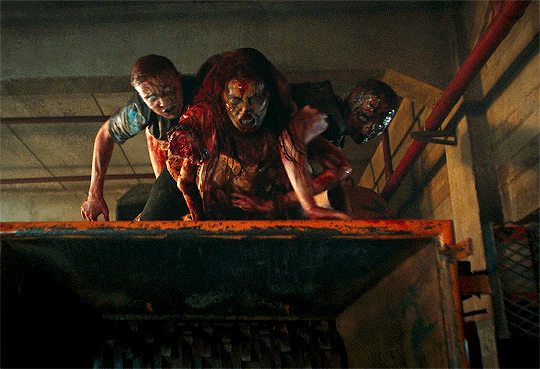
“Francis Galluppi is a storyteller who knows when to keep us waiting in simmering tension and when to hit us with explosive violence,” Raimi told Deadline. “He is a director that shows uncommon control in his feature debut.”
That feature is titled The Last Stop In Yuma County which will release theatrically in the United States on May 4. It follows a traveling salesman, “stranded at a rural Arizona rest stop,” and “is thrust into a dire hostage situation by the arrival of two bank robbers with no qualms about using cruelty-or cold, hard steel-to protect their bloodstained fortune.”
Galluppi is an award-winning sci-fi/horror shorts director whose acclaimed works include High Desert Hell and The Gemini Project. You can view the full edit of High Desert Hell and the teaser for Gemini below:
'Civil War' Review: Is It Worth Watching?
Follow our new YouTube channel "Mysteries and Movies" here.
Movies
‘Invisible Man 2’ Is “Closer Than Its Ever Been” to Happening

Elisabeth Moss in a very well-thought-out statement said in an interview for Happy Sad Confused that even though there have been some logistical issues for doing Invisible Man 2 there is hope on the horizon.
Podcast host Josh Horowitz asked about the follow-up and if Moss and director Leigh Whannell were any closer to cracking a solution to getting it made. “We are closer than we have ever been to cracking it,” said Moss with a huge grin. You can see her reaction at the 35:52 mark in the below video.
Whannell is currently in New Zealand filming another monster movie for Universal, Wolf Man, which might be the spark that ignites Universal’s troubled Dark Universe concept which hasn’t gained any momentum since Tom Cruise’s failed attempt at resurrecting The Mummy.
Also, in the podcast video, Moss says she is not in the Wolf Man film so any speculation that it’s a crossover project is left in the air.
Meanwhile, Universal Studios is in the middle of constructing a year-round haunt house in Las Vegas which will showcase some of their classic cinematic monsters. Depending on attendance, this could be the boost the studio needs to get audiences interested in their creature IPs once more and to get more films made based on them.
The Las Vegas project is set to open in 2025, coinciding with their new proper theme park in Orlando called Epic Universe.
'Civil War' Review: Is It Worth Watching?
Follow our new YouTube channel "Mysteries and Movies" here.
News
Jake Gyllenhaal’s Thriller ‘Presumed Innocent’ Series Gets Early Release Date
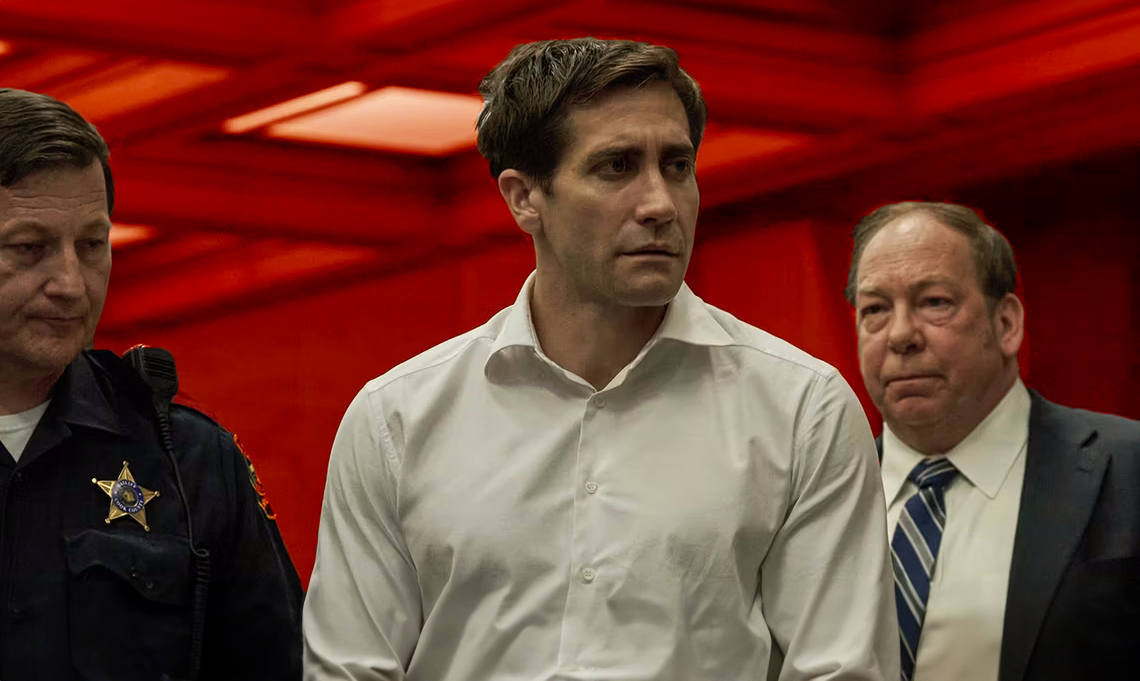
Jake Gyllenhaal’s limited series Presumed Innocent is dropping on AppleTV+ on June 12 instead of June 14 as originally planned. The star, whose Road House reboot has brought mixed reviews on Amazon Prime, is embracing the small screen for the first time since his appearance on Homicide: Life on the Street in 1994.
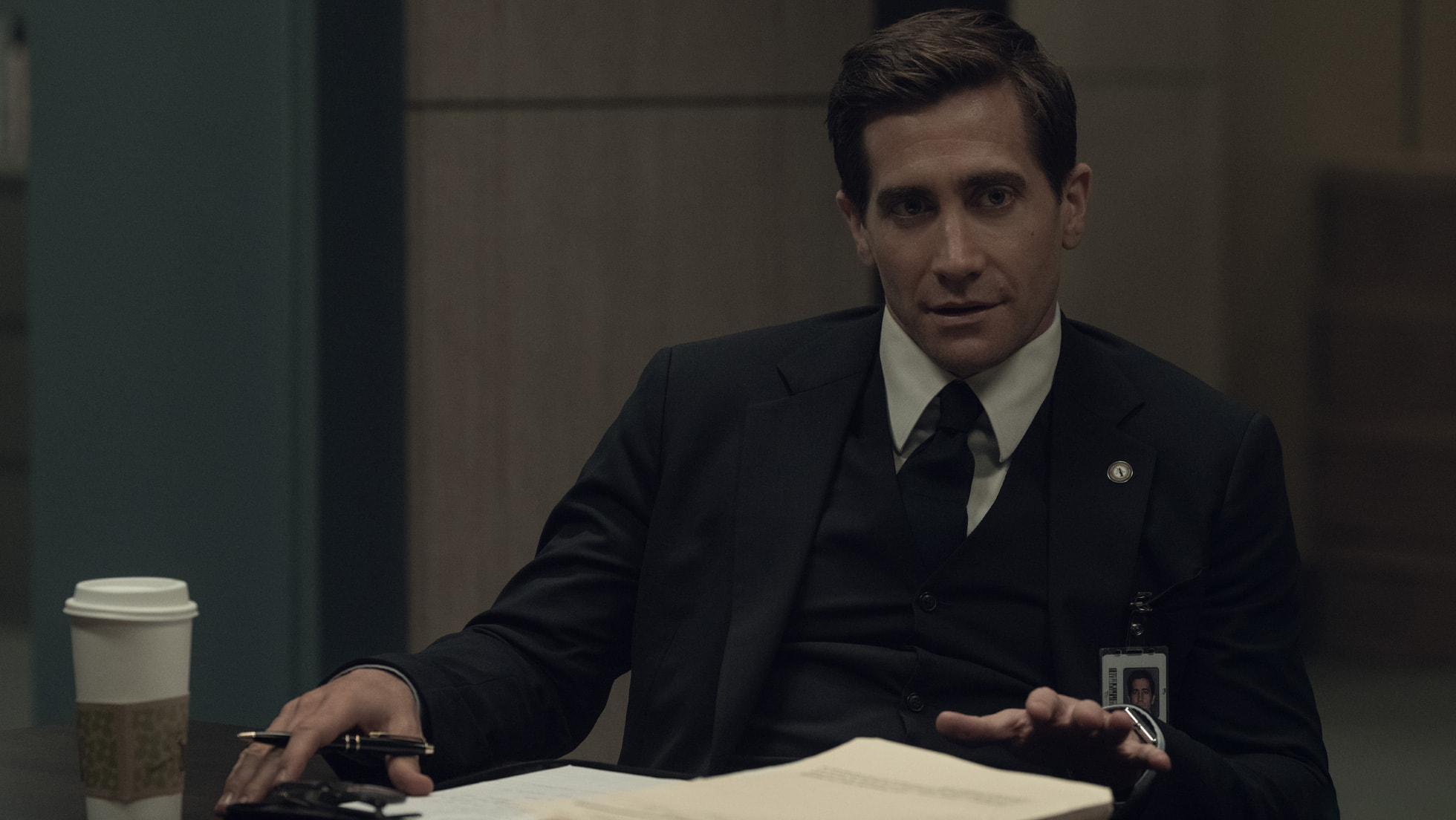
Presumed Innocent is being produced by David E. Kelley, J.J. Abrams’ Bad Robot, and Warner Bros. It is an adaptation of Scott Turow’s 1990 film in which Harrison Ford plays a lawyer doing double duty as an investigator looking for the murderer of his colleague.
These types of sexy thrillers were popular in the ’90s and usually contained twist endings. Here’s the trailer for the original:
According to Deadline, Presumed Innocent doesn’t stray far from the source material: “…the Presumed Innocent series will explore obsession, sex, politics and the power and limits of love as the accused fights to hold his family and marriage together.”
Up next for Gyllenhaal is the Guy Ritchie action movie titled In the Grey scheduled for release in January 2025.
Presumed Innocent is an eight-episode limited series set to stream on AppleTV+ starting June 12.
'Civil War' Review: Is It Worth Watching?
Follow our new YouTube channel "Mysteries and Movies" here.
-
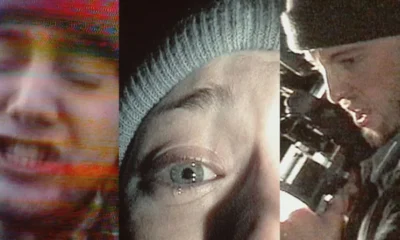
 News6 days ago
News6 days agoOriginal Blair Witch Cast Ask Lionsgate for Retroactive Residuals in Light of New Film
-
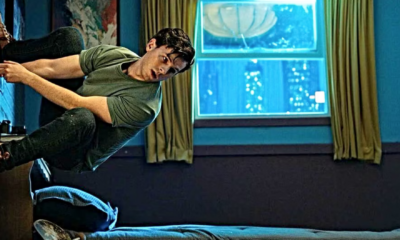
 Movies7 days ago
Movies7 days agoSpider-Man With a Cronenberg Twist in This Fan-Made Short
-
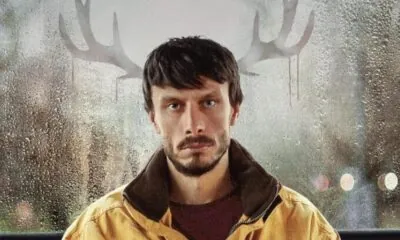
 News4 days ago
News4 days agoPerhaps the Scariest, Most Disturbing Series of The Year
-
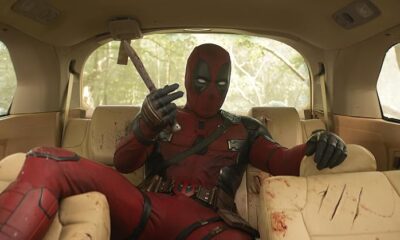
 Movies5 days ago
Movies5 days agoNew F-Bomb Laden ‘Deadpool & Wolverine’ Trailer: Bloody Buddy Movie
-
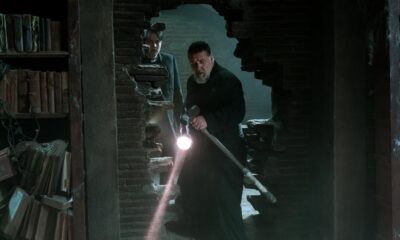
 News5 days ago
News5 days agoRussell Crowe To Star in Another Exorcism Movie & It’s Not a Sequel
-
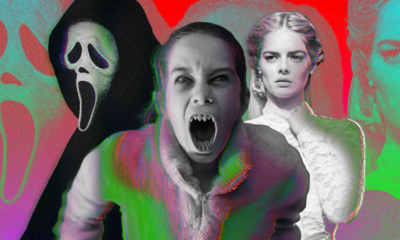
 Lists4 days ago
Lists4 days agoThrills and Chills: Ranking ‘Radio Silence’ Films from Bloody Brilliant to Just Bloody
-
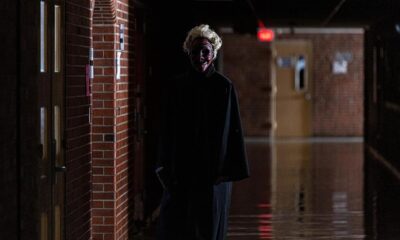
 Movies5 days ago
Movies5 days ago‘Founders Day’ Finally Getting a Digital Release
-
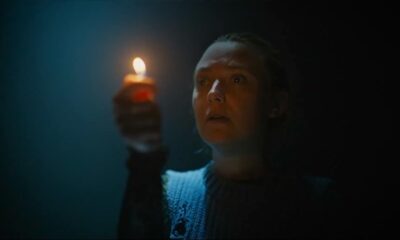
 Movies5 days ago
Movies5 days agoNew ‘The Watchers’ Trailer Adds More to the Mystery
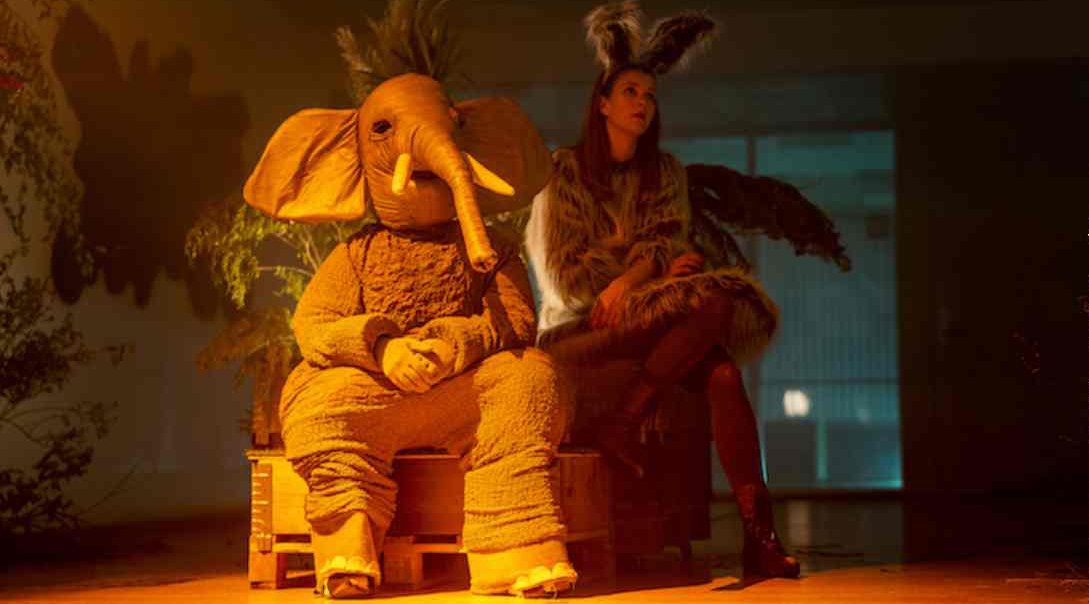
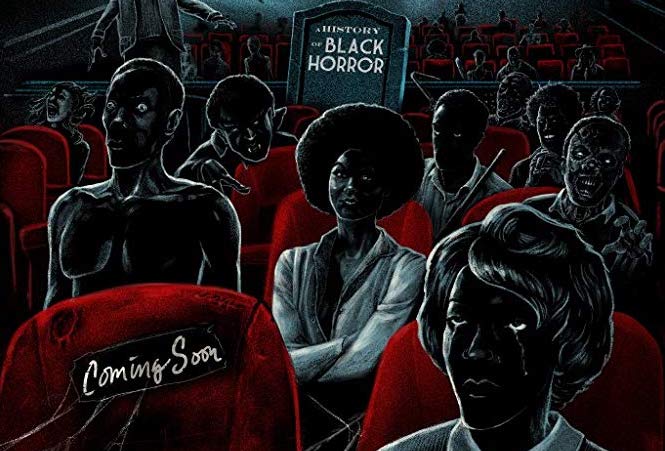
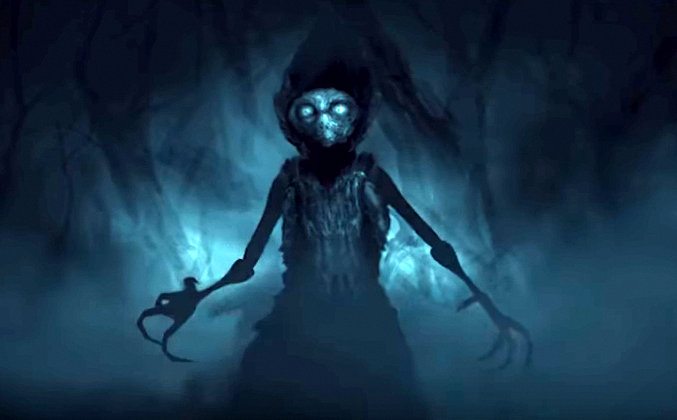

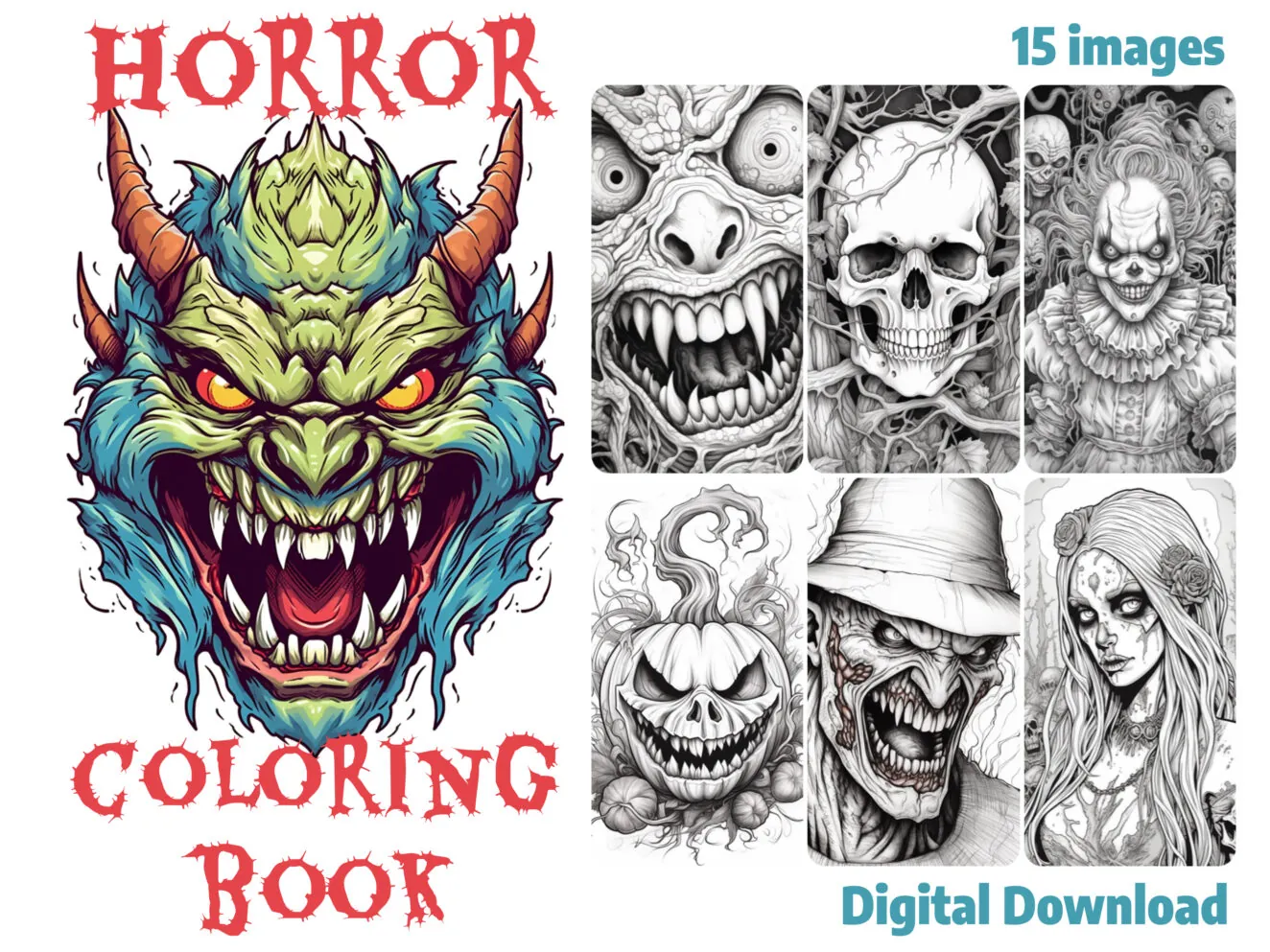
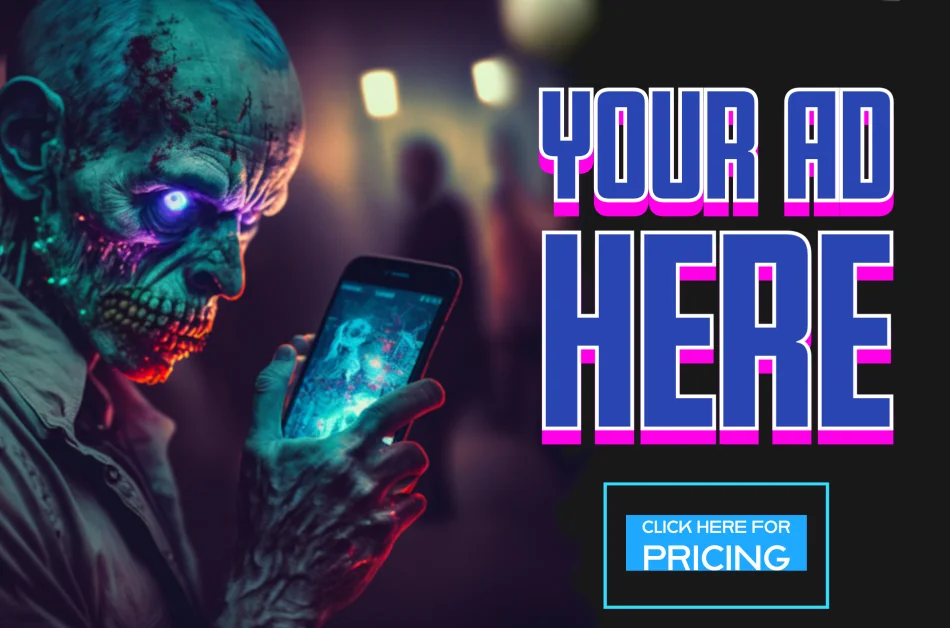




















You must be logged in to post a comment Login